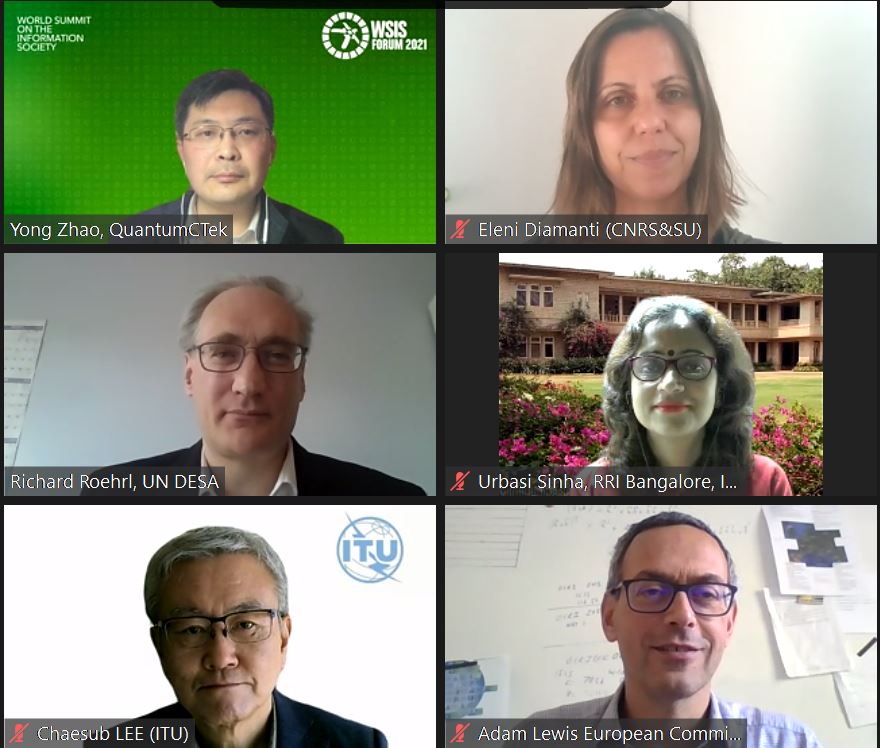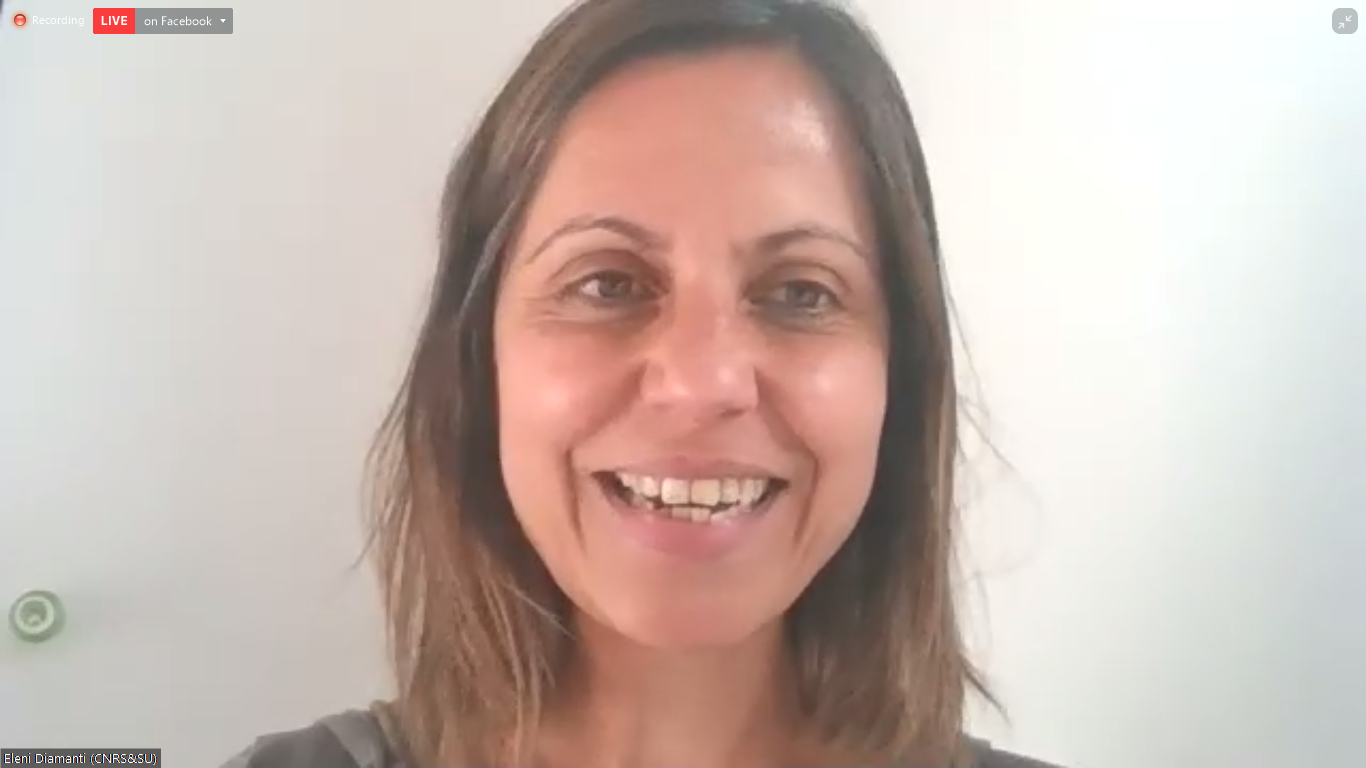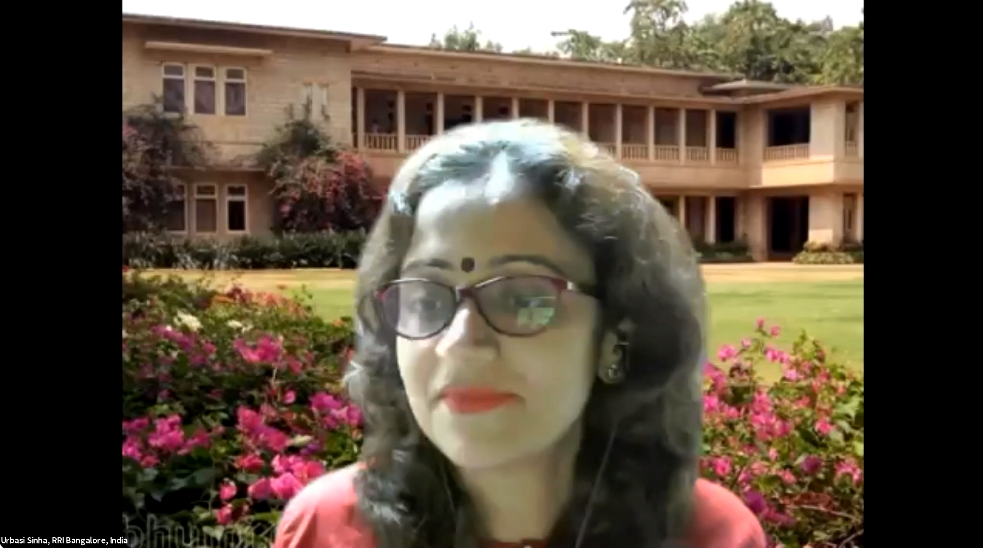STI Forum Side Event: The Era of Quantum Information Technology - Promises and Pitfalls
ITU/UN DESA
Session 444
Quantum information technology is a class of emerging technologies that improves information processing capability by harnessing principles of quantum mechanics. These technologies is expected to have profound impacts, but no one really knows how a quantum future will look like.
Applications could be far-ranging, from rapid simulation of chemical reactions, supporting development of medicines, revolutionizing healthcare, automating scientific experiments, to addressing climate change through far more accurate forecasting, to better batteries, and financial modelling, and logistics optimization, all the way to potentially making general “strong AI” possible. Even under conservative assumptions, quantum technologies is expected to significantly support our efforts towards sustainable development.
Several challenges are also anticipated, such as the concern regarding its threat to many existing cryptography algorithms that are fundamental to ICT security and also the risk that less technologically or economically advanced nations could again find themselves being left behind in the quantum era.
Policy makers are gradually paying attention to this new class of emerging technologies - to understand the opportunities available and challenges posed. It is important for policy makers to plan ahead towards ensuring that their nations do not get left behind, to provide an enabling environment to support related innovations in their private sector and academic institutions, and to consider the necessary guardrails to mitigate the challenges posed.
This session will provide a brief introductory overview of quantum technologies for policy makers, provide a snapshot of some of its potential opportunities across sectors, examine some of the challenges encountered in its deployment, and highlight some recommendations for policy makers.
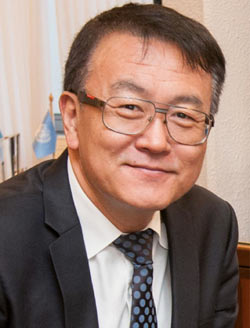
Chaesub Lee was elected Director of the ITU Telecommunication Standardization Bureau at the ITU Plenipotentiary Conference 2014 in Busan, Republic of Korea, and re-elected to this post for a second four-year term at the ITU Plenipotentiary Conference 2018 in Dubai, United Arab Emirates.
Dr Lee has contributed ICT standardization for over 30 years, specializing in areas such as integrated services digital networks (ISDN), global information infrastructure (GII), Internet protocol, next-generation networks (NGN), Internet protocol television (IPTV) and cloud computing.
He started his professional life in 1986 as a researcher at Korea Telecom. After 17 years he took up a role at the country's Electronics and Telecommunications Research Institute (ETRI), where he stayed for the next eight years.
Most recently he worked at the Korea Advanced Institute of Science and Technology (KAIST), and as a senior advisor to Korea's Ministry of Science, ICT and Future Planning (MSIP).
Within ITU Dr Lee served as Chairman of the ITU Focus Group on Next-Generation Networks (NGN) to address the growing need for international standards for NGN, including service requirements, functional architecture, mobility, security and Quality of Service (QoS). He was also Vice-Chairman of the ITU Focus Group on IPTV which worked to coordinate and promote the development of IPTV standards.
He acted as Vice-Chairman of ITU-T Study Group 13 (Future networks and cloud) from 2001 until 2008, becoming Chairman of that group in 2009. ITU-T Study Group 13 develops standards for NGN, future networks, cloud computing, Internet of Things (IoT) and mobile telecommunications, to ensure their smooth international deployment.
Dr Lee holds a PhD in Multimedia Engineering. He is married with two children.
.JPG)
Richard A Roehrl is a scientist, economist and policy analyst. At present, he serves as Senior Economic Affairs Officer in the United Nations Department of Economic and Social Affairs where he is responsible for science, technology and infrastructure issues. He works towards strengthening the science-policy interface and has supported the creation of a number of new entry points for science and technology stakeholders at the United Nations. In particular, he led the creation of the UN Technology Facilitation Mechanism and the UN Global Sustainable Development Report, among others. Mr. Roehrl has advised governments, supported negotiations and engaged with science communities on a wide range of issues. He has led analytical work and assessments on sustainable development, technology change and foresight, emerging science, cross-border infrastructure, energy, climate and scenario analysis. Mr. Roehrl received his education from the Ludwig-Maximilians-Universität München, the University of Oxford, the University of London, and the University of Erlangen-Nuremberg.
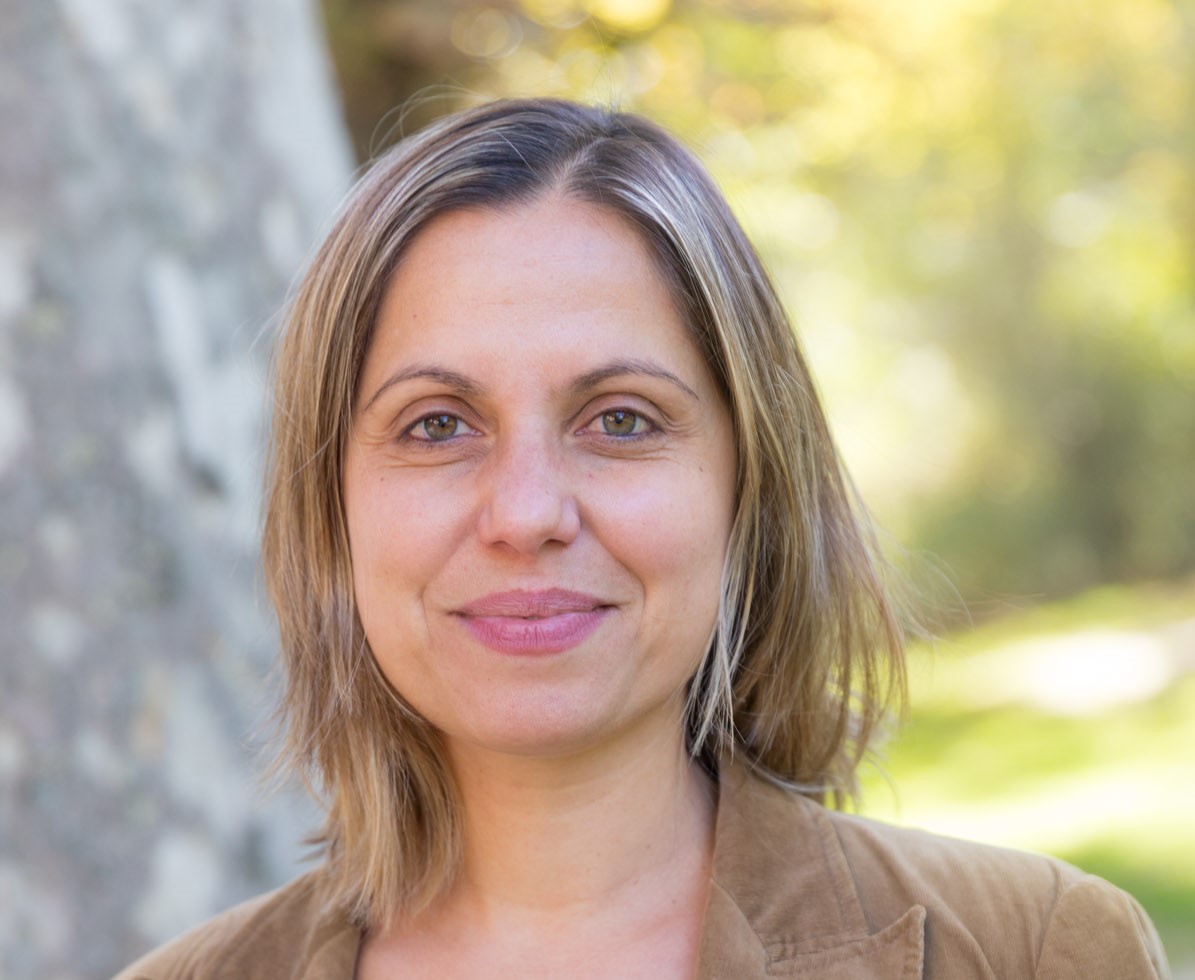
Eleni Diamanti is a CNRS research director at the LIP6 laboratory of Sorbonne University in Paris. She received her Diploma in Electrical and Computer Engineering from the National Technical University of Athens in 2000 and her PhD in Electrical Engineering from Stanford University in 2006. She then worked as a Marie Curie postdoctoral fellow at the Institute of Optics Graduate School in Palaiseau before joining the CNRS in 2009. Her research focuses on experimental quantum cryptography and communication complexity, and on the development of photonic resources for quantum networks. She is a recipient of a European Research Council Starting Grant, vice director of the Paris Centre for Quantum Computing, steering committee member of the French regional and national networks on Quantum Technologies, member of the Scientific Management team of European quantum flagship projects CiViQ and OpenQKD, and elected member of the Board of Stakeholders of the European Public Private Partnership in Photonics.
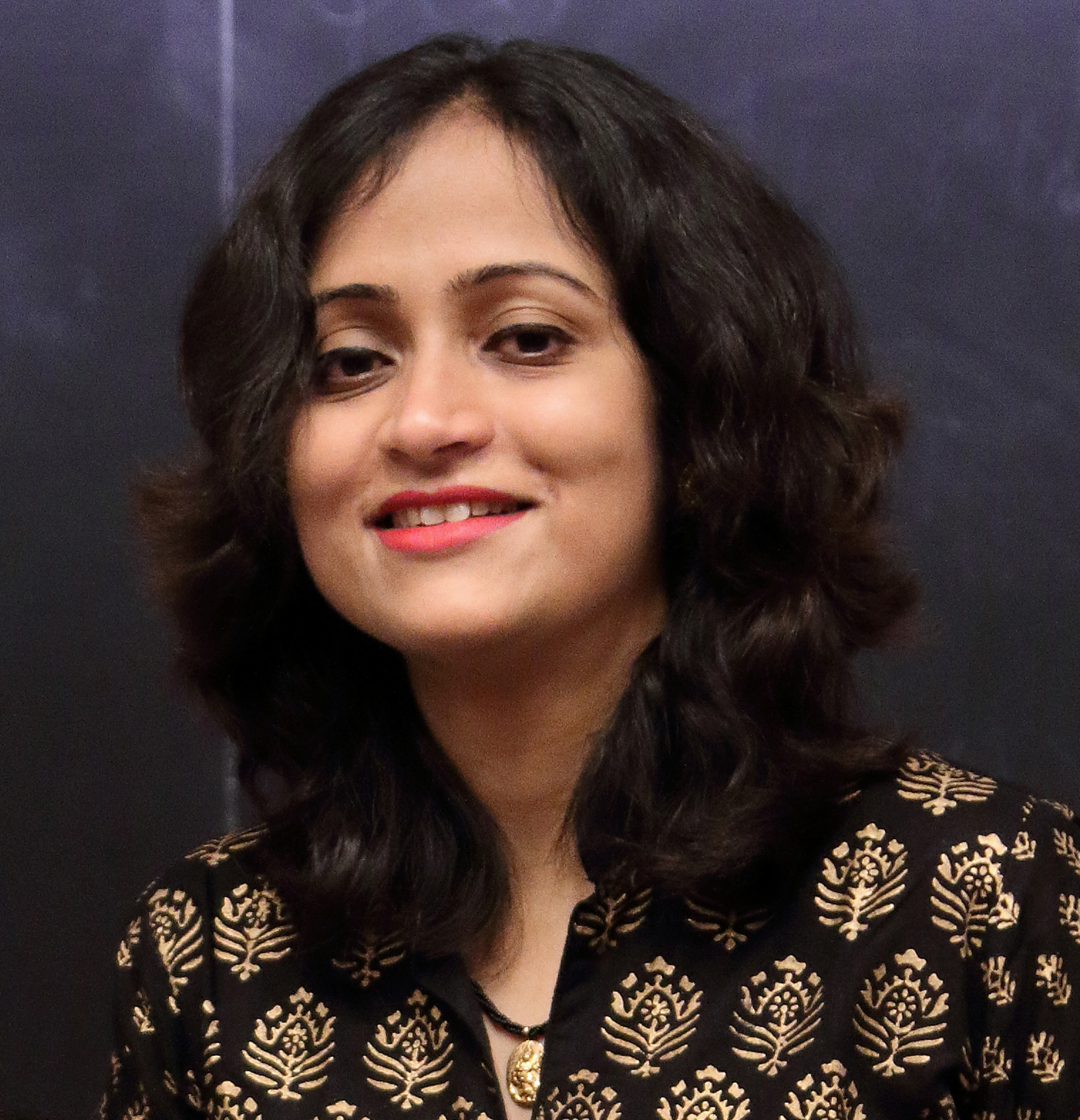
Urbasi Sinha is a Professor at the Light and Matter Physics group at the Raman Research Institute in Bangalore, India. She joined RRI in 2012 and is now heading the Quantum Information and Computing (QuIC) laboratory. The lab specializes in experiments on photonic quantum information processing including quantum computing and quantum communication, primarily using single and entangled photons. She is heading India’s first project on satellite based secure quantum communications (quantum experiments using satellite technology). She is also an associate faculty member at the Institute for Quantum Computing (IQC), University of Waterloo, Canada, and the Centre for Quantum Information and Quantum Control, University of Toronto, Canada.
Before joining RRI, Urbasi was a post-doctoral fellow at IQC where she was involved in Quantum Optics based experiments involving production, manipulation and application of heralded single photons as well as device fabrication for solid state quantum devices based on nanowires and carbon nanotubes. One of her noted pieces of work was a novel experimental test of the Born rule for probabilities in Quantum Mechanics.
Prior to her post-doctoral stint at IQC, Urbasi was a post-doctoral research associate in the Cavendish labs, Department of Physics, University of Cambridge, UK. She completed her PhD in Cambridge on experiments in high TC Superconductivity and her MSc in Physics also from Cambridge. She was a Gates Cambridge scholar during her PhD and a NehruChevening scholar during her masters.
In recognition of her scientific achievements as well as outreach activities, she was awarded the Homi Bhabha Fellowship in the year 2017 and has been named the recipient of the 2018 ICTPICO Gallieno Denardo Award in Optics. She was recently recognised as one of Asia’s Top 100 scientists by the Asian Scientist for the year 2019 and has been awarded the Simon’s Emmy Noether Fellowship at the Perimeter Institute, Canada.
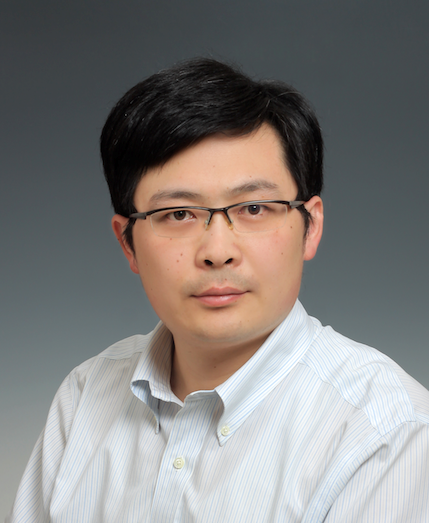
Dr. Yong Zhao is the CEO of QuantumCTek Co., Ltd., the Chair of Quantum Information Association of China (QIAC).
He obtained his bachelor’s degree from University of Science and Technology of China, and his Ph.D. degree from the University of Heidelberg in Germany. His research interest is Quantum Information Processing with semiconductor system, with the working experience in Cavendish Lab in the University of Cambridge. Dr. Zhao joined QuantumCTek in 2009 and has operated the corporation to become the leader of China’s quantum information industry. QuantumCTek has provided commercial QKD system to most of the quantum-safe projects in China, including 2000km Beijing-to-Shanghai Backbone network and tens of metropolitan QKD networks with fruitful applications in many fields. He is committed to organizing more than 30 Chinese ICT corporations to jointly build a quantum security service platform, aiming to expand the quantum safe technology to be more widely accepted and applied.
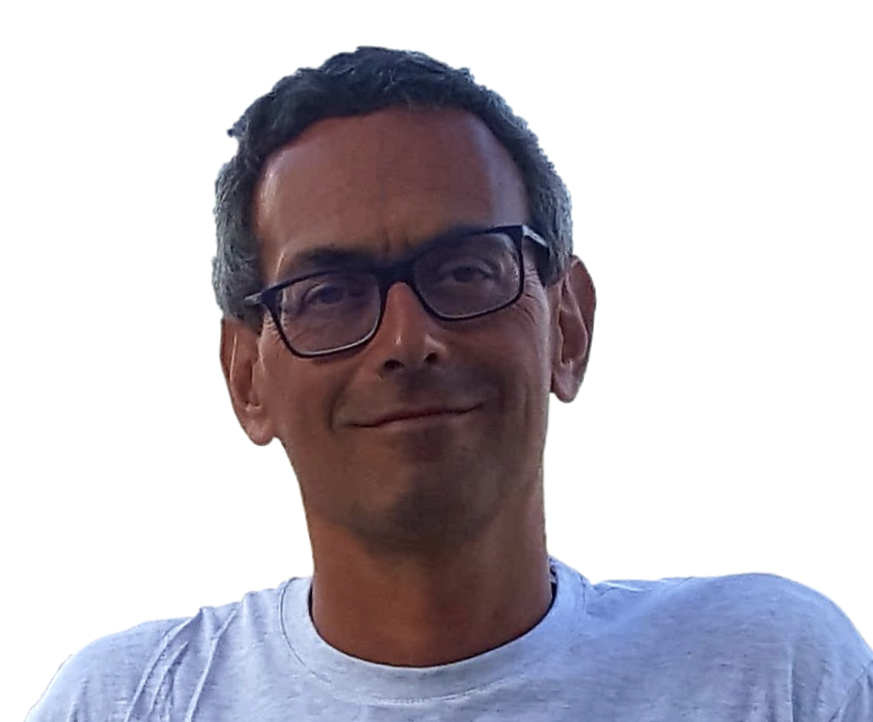
Adam M Lewis was born in Barnet, England in 1964. He graduated in physics from Cambridge University in 1986 and received a PhD in electromagnetic methods for non-destructive evaluation from University College London in 1991. After post-doctoral studies in electric impedance tomography, he worked in the transaction card and satellite communications industries until joining the European Commission in Brussels in December 1997 where he had administrative responsibility for projects in the sensors and microsystems field. He transferred to the Commission’s Joint Research Centre in Ispra, Italy in December 1999 to work on mine detection, and has more recently worked on explosives security, critical infrastructure protection and border security, including electronic passports. Since 2014, he has led a small team working on policy implications of quantum technology. Currently, the main foci are EU Quantum Communications Infrastructure and applications of quantum technology in European space systems.
